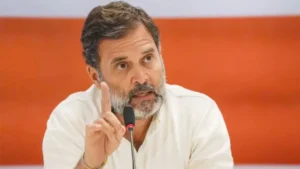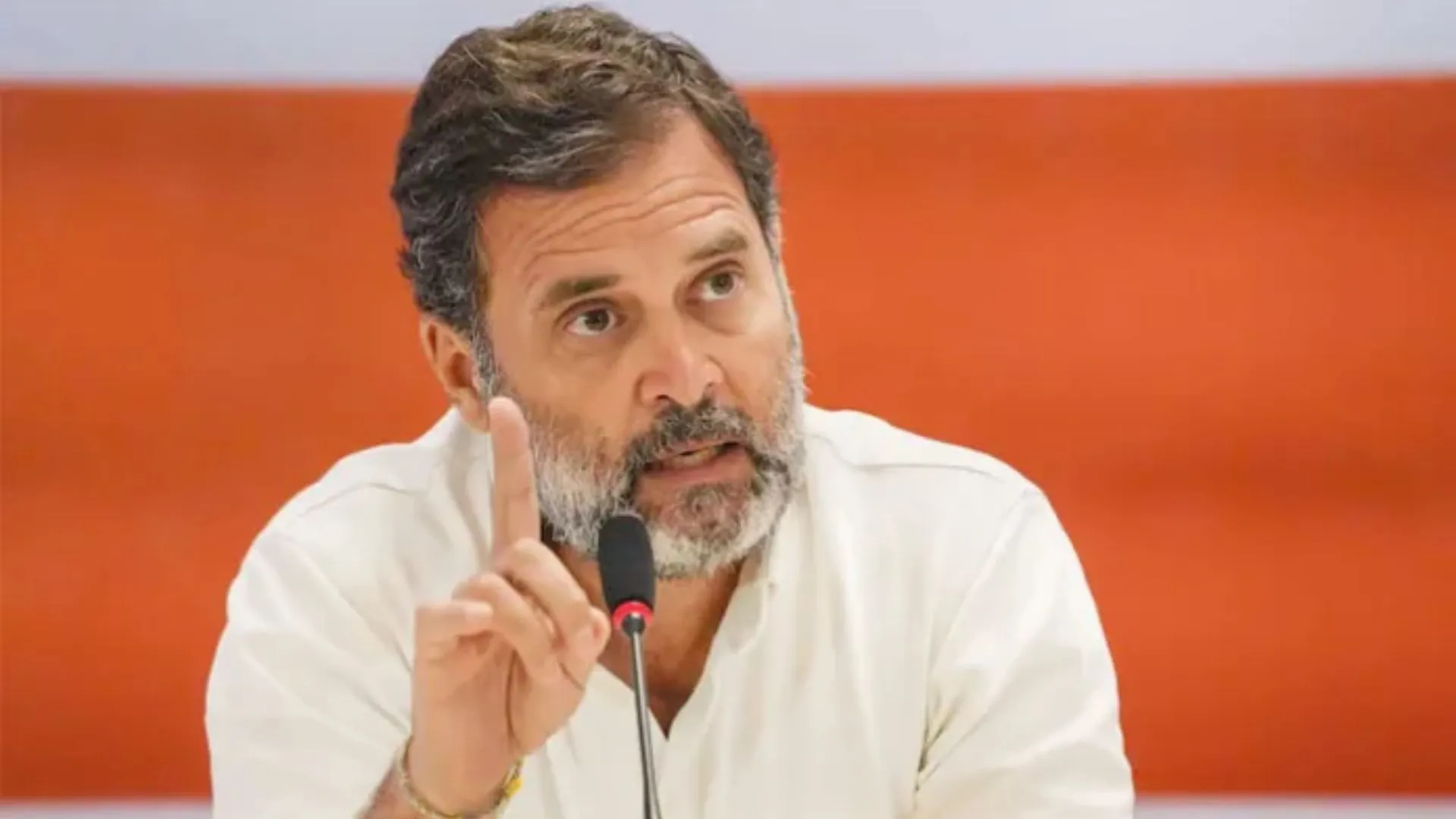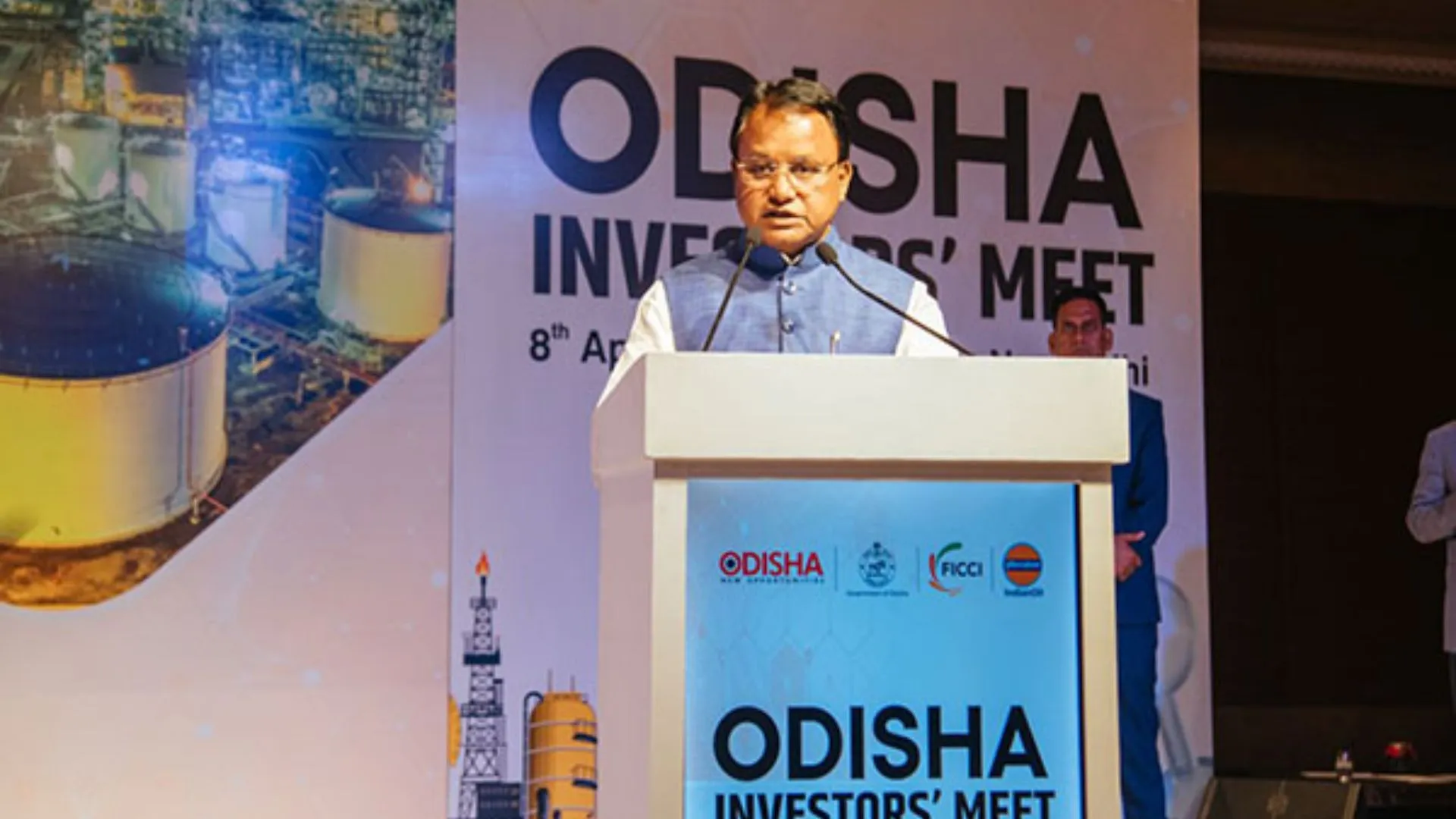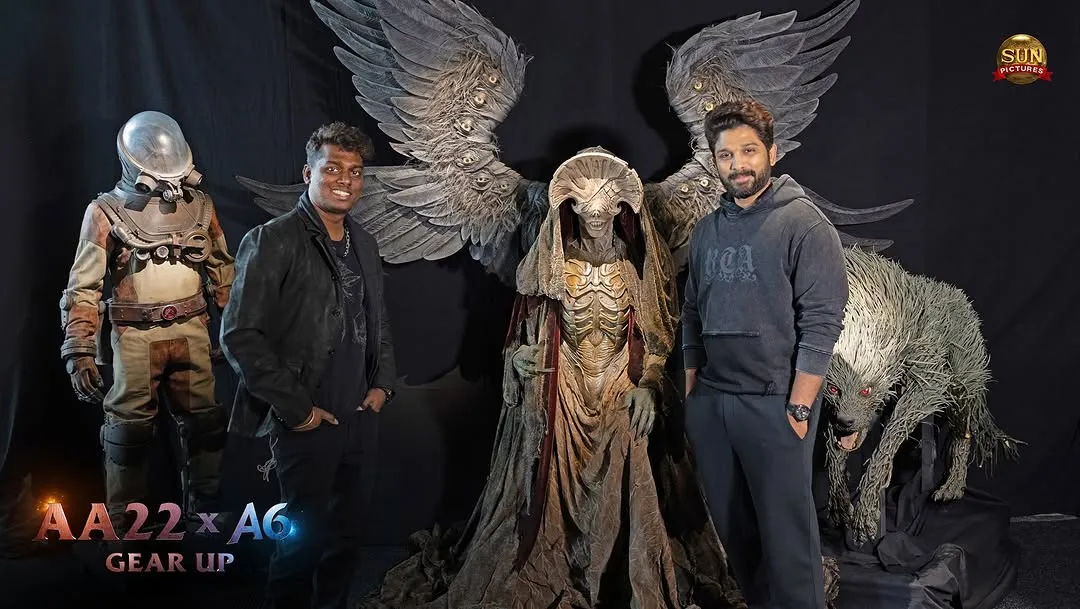The inaugural NXT Conclave 2025 has successfully kicked off in New Delhi, bringing together global leaders, industry giants, and visionary thinkers from over 120 countries. Held at the prestigious Bharat Mandapam from February 28 to March 1, this landmark event centres around the theme “Shaping the Future of Humanity.”
With an impressive lineup of thought leaders and experts, the NXT Conclave has sparked transformative discussions across 64 platforms in 12 languages, making it a true melting pot of groundbreaking ideas and collaborative solutions. The NXT Conclave 2025 is set to drive progress in governance, technology, economic development, and beyond, setting the stage for the next decade of global cooperation.
NXT Conclave 2025 DAY 1 Highlights:
The NXT Conclave 2025 Day One highlighted the critical importance of strong economic and trade ties between nations, such as the growing partnership between the U.S. and India.
The former Prime Minister of Australia Tony Abbott and Former Prime Minister of Canada Stephen Harper underscored the U.S.-India collaboration as a shining example of how cooperative ventures can drive technological advancements and economic growth, addressing global challenges while creating new opportunities for investment and development.
The U.S.-India partnership stands as a beacon for addressing the world’s most pressing issues, fostering prosperity, and promoting strategic global alliances. This relationship exemplifies how countries can work together to overcome challenges and create a more inclusive, sustainable future for all.
NXT CONCLAVE Chief Guest DAY 1:
Former Canadian Prime Minister Stephen Harper is known for his global economic insights.
Former Australian Prime Minister Tony Abbott, a key voice in international trade and geopolitical policies.
Among the distinguished leaders on day one at the NXT Conclave are Stephen Harper, former Prime Minister of Canada, and Tony Abbott, former Prime Minister of Australia. Their participation, alongside other global figures, underscores the significance of this event as a powerful catalyst for shaping a more inclusive, forward-thinking, and prosperous global landscape. Their discussions, aimed at addressing global challenges and fostering strategic collaborations, are shaping the future of humanity through innovative solutions and collective action.
Key Highlights from Tony Abbott’s Address on Canada, U.S. Relations, and Global Trade
In his address, Tony Abbott stressed the importance of diversifying Canada’s trade relationships, particularly in light of the shifting global landscape. Abbott highlighted Canada’s deep reliance on trade with the United States and called for Canada to seek new opportunities in emerging markets, especially in India.
Abbott identified India as a crucial partner for Canada to foster stronger economic ties and to build robust people-to-people connections that represent the majority of citizens, beyond just fringe elements.
Abbott also noted the uncertainty created by U.S. President Donald Trump’s policies, which have impacted global security alliances and international relations, particularly in the Asia-Pacific region. With this backdrop, Abbott emphasized the importance of Canada deepening its economic engagement with India to reduce over-reliance on the U.S.
Stephen Harper’s Views on U.S.-Canada Relations and Global Trade
Former Canadian Prime Minister Stephen Harper shared his insights on the evolving dynamics of U.S.-Canada relations, specifically under President Trump’s second term. Harper highlighted the significant discontinuity in Trump’s policies, especially his increasingly hostile stance toward traditional allies like Canada, which contrasted sharply with his first term.
Harper strongly rejected Trump’s accusations that Canada is an economic drain and a security risk to the U.S., reinforcing that Canada is the U.S.’s largest export market, and the northern border does not pose a security threat comparable to the southern border. He condemned Trump’s threat to impose 25% tariffs on Canada, calling it a direct challenge to Canada’s sovereignty and a violation of the tariff-free trade agreement signed by Trump himself.
While urging calm and strategic thinking in response to Trump’s unpredictable policies, Harper stressed the importance of diversifying trade relationships. He particularly emphasized strengthening ties with other democracies, such as India, to reduce over-dependence on the U.S.
Canada and the U.S.: A Strong Partnership Despite Tensions. Despite the tensions stirred by President Trump’s policies, Harper underscored the enduring friendship, partnership, and alliance between Canada and the U.S. He highlighted the mutual interests shared by the two countries and the importance of finding productive ways forward in their relationship.
Harper concluded by stressing that Canada must stand firm in defending its sovereignty, protect its economic and security interests, and remain prepared for potential challenges without escalating tensions. Hence, Emphasizing U.S.-India Relations as a Model for Global Cooperation.
NXT Conclave 2025 Sets the Stage for the Future
The NXT Conclave 2025 on day one also highlighted the critical importance of strong economic and trade ties between nations, such as the growing partnership between the U.S. and India. Abbott and Harper emphasized the U.S.-India partnership as a prime example of how collaboration can foster technological progress and economic expansion, tackling global challenges while unlocking new avenues for investment and growth.
The U.S.-India partnership stands as a beacon for addressing the world’s most pressing issues, fostering prosperity, and promoting strategic global alliances. This relationship exemplifies how countries can work together to overcome challenges and create a more inclusive, sustainable future for all.
The NXT Conclave 2025 is poised to make a lasting impact, fostering transformative progress in global governance, technology, and economic development. With thought leaders such as Harper and Abbott at the forefront, the Conclave is setting the stage for a new era of international cooperation and collaboration, one that will shape the future of humanity for generations to come.
About Former Australian Prime Minister Tony Abbott
Tony Abbott was Prime Minister of Australia from 2013 to 2015, overseeing the repeal of the carbon and mining taxes, finalizing free trade deals with China, Japan, and Korea, and leading military efforts in Iraq.
He served as the Member of Parliament for Warringah from 1994 to 2019 and helped establish the Sydney Harbour Federation Trust. Abbott has worked as a journalist, adviser, and author and organized the Pollie Pedal charity bike ride. He holds degrees from Sydney University and Oxford and has received several honors, including the Companion of the Order of Australia. Abbott is currently a director at the Ramsay Centre for Western Civilization and serves on various boards.
About Former Canadian Prime Minister Stephen Harper
After three election victories and 10 years leading the country, former Prime Minister Stephen Harper has left Canadian politics, upon which he left such an indelible mark.
Born in Toronto, Ontario, in 1959, Mr Harper became involved in politics while still at school. After obtaining a master’s degree from the University of Calgary, he went on to work as a political aide. He returned to parliament in 2002 as head of the Canadian Alliance and leader of the opposition. A year later, his party merged with the Progressive Conservative Party of Canada.























